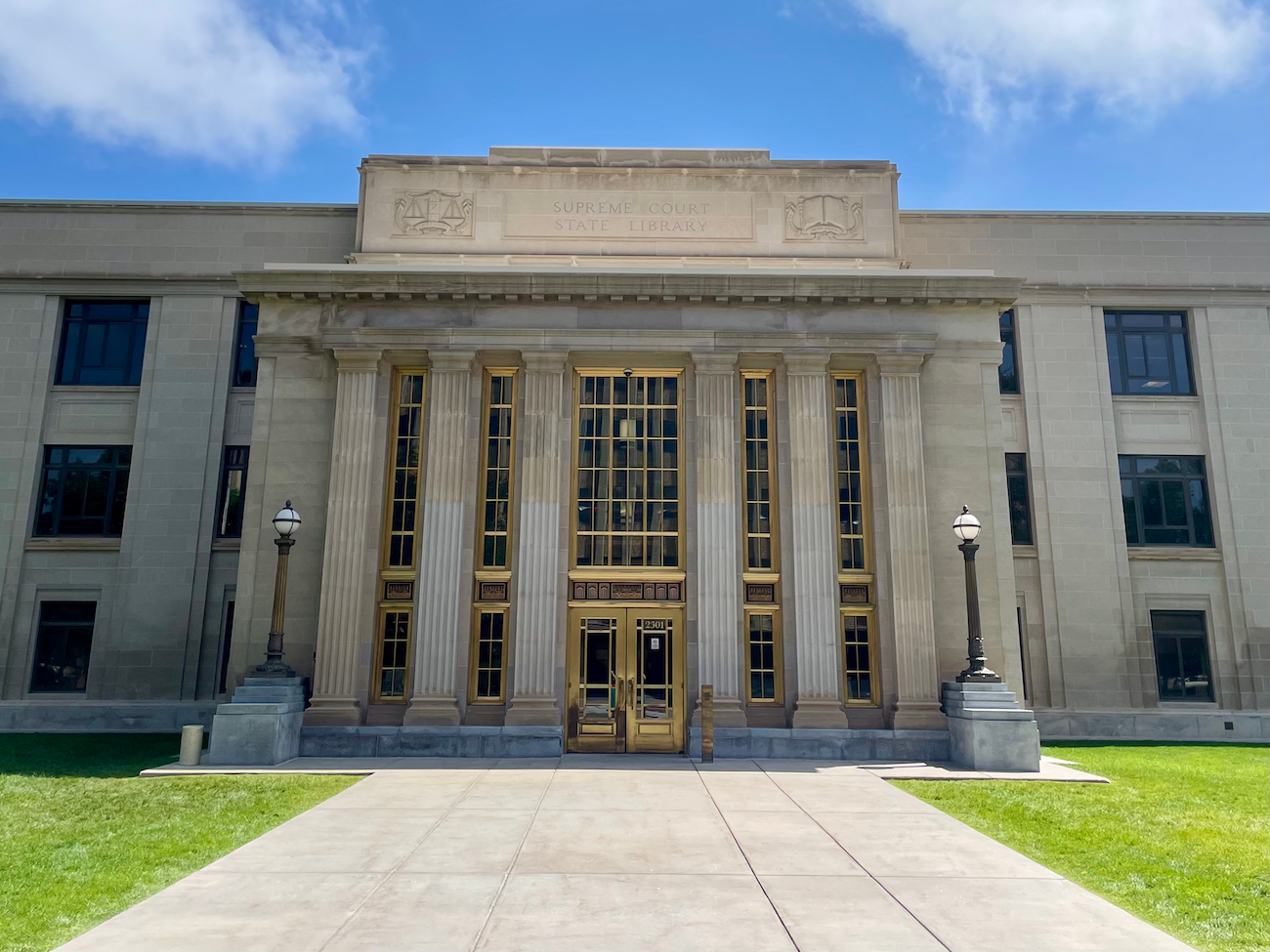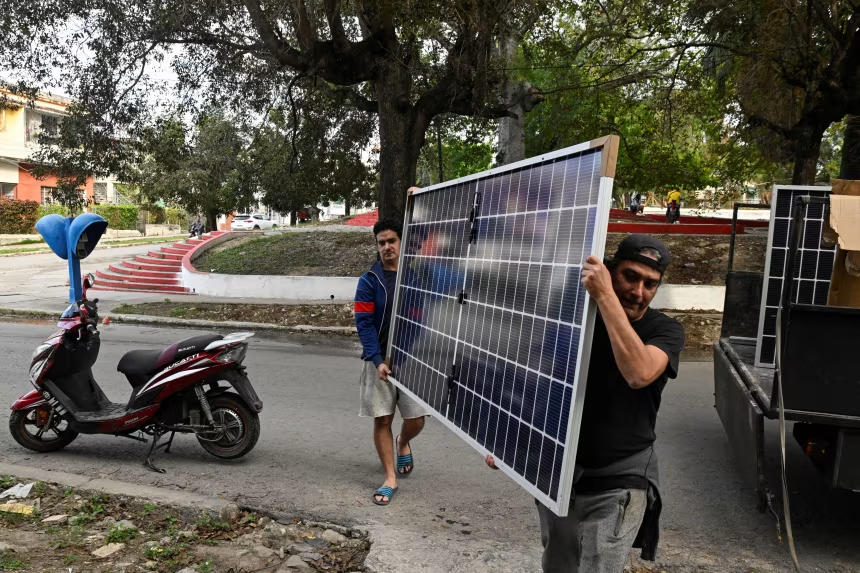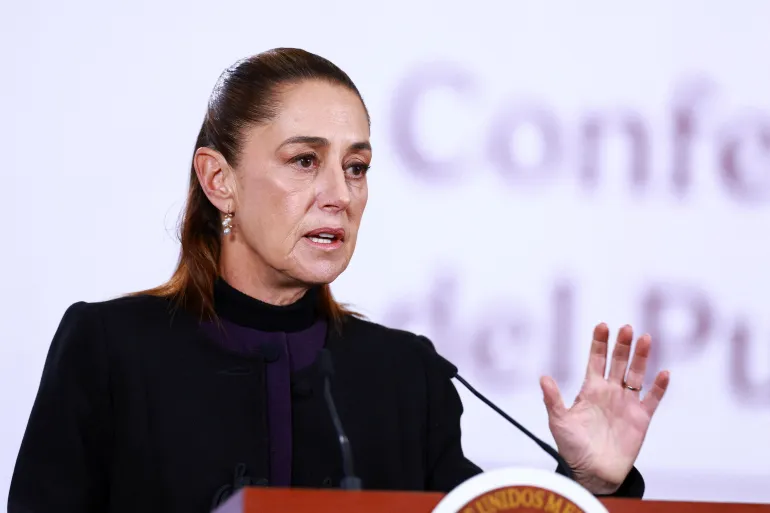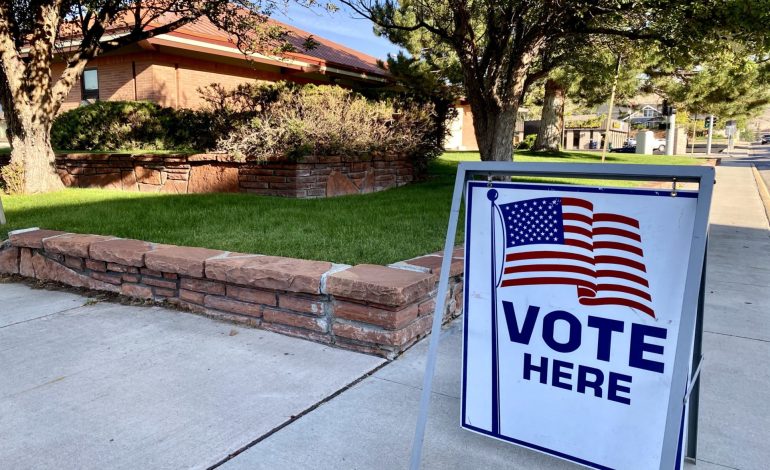Bigfoot99, K2 Radio, Q2 Montana’s News Leader contributed to this report.
Wyoming has removed three people from its voter registration system after state officials say federal records showed they were not US citizens.
Secretary of State Chuck Gray announced that one voter each in Carbon, Lincoln, and Teton counties had been flagged as non-citizens through a data check using the Department of Homeland Security and US Citizenship and Immigration Services’ SAVE system, a federal database used to verify immigration and citizenship status.
Gray notified the county clerks in those three counties and ordered the voter records removed. He also turned the names and related information over to law enforcement, triggering three open criminal investigations.
“Ensuring that only United States citizens and only Wyoming residents are registered to vote in Wyoming has been a key priority of our administration,” Gray said. “Only United States citizens and only Wyoming residents should be voting in Wyoming elections — period.”
For perspective, in Wyoming’s most recent statewide election in 2024, 271,123 votes were cast. The three removals represent a tiny fraction of the state’s voters and do not, by themselves, point to widespread fraud. Election experts note that cross-checking registration rolls with federal data is a common part of maintaining voter lists.
The removals come as Wyoming rolls out some of the strictest voting rules in the country.
Earlier this year, lawmakers passed House Bill 156, championed by Gray and approved by the Republican-controlled Legislature. The law requires anyone registering to vote to:
- Provide physical proof of US citizenship – such as a passport, birth certificate, certain driver’s licenses, or a REAL ID;
- Attest that they’ve lived in Wyoming for at least 30 days.
Supporters say the law is meant to stop non-citizens from signing up to vote. Critics say it does something else: puts up hurdles for eligible voters, especially those who don’t have easy access to documents.
The Equality State Policy Center (ESPC) has filed a federal lawsuit against HB 156, arguing it will hit certain groups hardest — women, young people, Hispanic and low-income residents, and older voters — who are statistically less likely to have the right paperwork or may struggle to get it.
Gov. Mark Gordon, also a Republican, has raised his own concerns that seniors and rural residents could be disproportionately affected, especially if their IDs are outdated or if they rely on P.O. boxes instead of traditional street addresses.
Wyoming’s new law fits into a broader national push for proof-of-citizenship rules. But other states’ experience shows the risks:
- Kansas passed a similar law in 2011; it was struck down in 2018 after it blocked roughly 30,000 eligible voters while identifying only 39 non-citizens over 19 years.
- In Arizona, courts limited proof-of-citizenship requirements.
- A 2024 reform in New Hampshire led to delays and confusion at the polls when voters struggled to produce acceptable documents.
Since taking office in 2022, Gray has pushed a series of changes under the banner of “election integrity,” including:
- Banning ranked-choice voting;
- Restricting the distribution of mail-in ballots;
- Removing more than 80,000 “inactive” voters from the rolls in 2023 — about a quarter of all registered voters in the state.
HB 156 leaves it up to Gray’s office to define acceptable proof of residency. After pushback from county clerks, draft rules were revised to allow P.O. boxes as long as voters also list a physical residential address on their registration form. Those rules still need the governor’s approval.
For Gray and his supporters, the three removed non-citizen records are proof the system is working.
For voting rights advocates, they’re a warning sign that Wyoming is tightening the rules in ways that could shut out legitimate voters while catching only a handful of questionable registrations.
“Without access, it’s a kind of harm,” said Marguerite Herman, a lobbyist for the Wyoming League of Women Voters. “Why should having a stable address somehow be a qualification to vote?”
As the state moves ahead with HB 156 and continues to scrub its voter rolls, Wyoming is becoming a test case in a national fight over how far states should go to police their elections — and what that means for the people trying to cast a ballot.










The latest news in your social feeds
Subscribe to our social media platforms to stay tuned